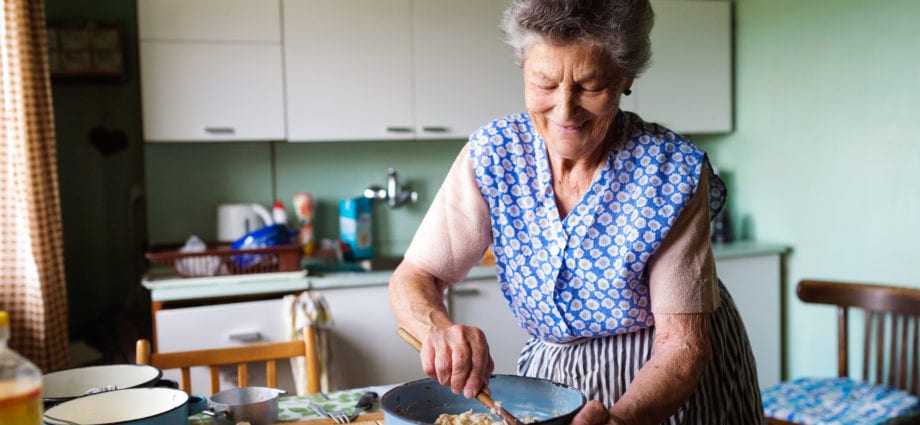Contents
It turns out that the grandmother is not always right. And even in such a “holy” sphere as cooking. There are several rules that our grandmothers taught us, which it is better not to memorize and not follow in your kitchen.
1. Add vinegar to meat
Yes, the acid softens the meat. However, vinegar is too aggressive. It gives the meat an unpleasant aftertaste, tightens the fibers. The best way to stew and marinate tough meat is to use dry red wine.
2. Soak bread for cutlets in milk
To make the cutlets more tender and airy, grandmothers advised adding a loaf soaked in milk to the minced meat.
But it is better to “crank” this procedure like this: twist the meat through a meat grinder, and in the last turn skip a few slices of a loaf in order to at the same time clean the meat grinder from minced meat residues. If the cutlet mass seems too dry to you, pour in 1-2 tbsp. l. milk or cream.
3. Quench soda with vinegar
And even if in the days of our grandmothers there were no bags with baking powder on sale, soda itself does well without vinegar. After all, we add soda to the dough for the sake of a loosening effect, which happens when alkali (soda) comes into contact with the acid contained in other ingredients of the dough (kefir, yogurt). Soda that has been extinguished before it is put into the dough is an empty component, because it has already released the carbon dioxide necessary for loosening.
Better to mix baking soda directly with flour. If the recipe does not imply the addition of fermented milk products, pour 1 tbsp into the dough. l. lemon juice
4. Defrost meat in water
When grandmothers intended to cook something from meat, and it was frozen, they simply put a piece of meat in a bowl of water. And they made a big mistake! The fact is that in the unevenly thawed areas, bacteria began to multiply at a breakneck speed, infecting everything around.
For safe defrosting of meat, it is better to use the bottom shelf of the refrigerator.
5. Do not soak dried fruits
Of course, if grandmothers used dried fruits from fruits carefully grown in their garden for compote, they do not need to be soaked. And if you bought a mixture of dried fruits, then you cannot do without soaking.
If you simply rinse dried fruit for compote in a colander under running water, you will wash away dust and possible insect artifacts. But do not eliminate the chemistry with which dried fruits have been processed for long-term storage. Therefore, before use, pour dried fruits with warm water and leave for 40 minutes, and then rinse.
6. Wash meat under running water
With meat, it is also better not to be limited to just running water. Water will not wash away germs from the surface of the meat, on the contrary: with splashes, microorganisms will scatter over the surface of the sink, countertop, kitchen towels. All pathogenic microorganisms die with proper heat treatment. But if you still want to wash the meat, do it just in a bowl, and not under running water.
7. Marinate meat for 12 hours
The rule “The longer, the better it will marinate” does not work. A long stay of meat in acid will make it not softer, but drier. Different types of meat take different marinating times. Beef and pork take up to 5 hours, but an hour is enough for chicken.
But what is worth learning from grandmothers is the ability to cook “with a soul” – slowly, thoroughly, enjoying the very process of cooking.










